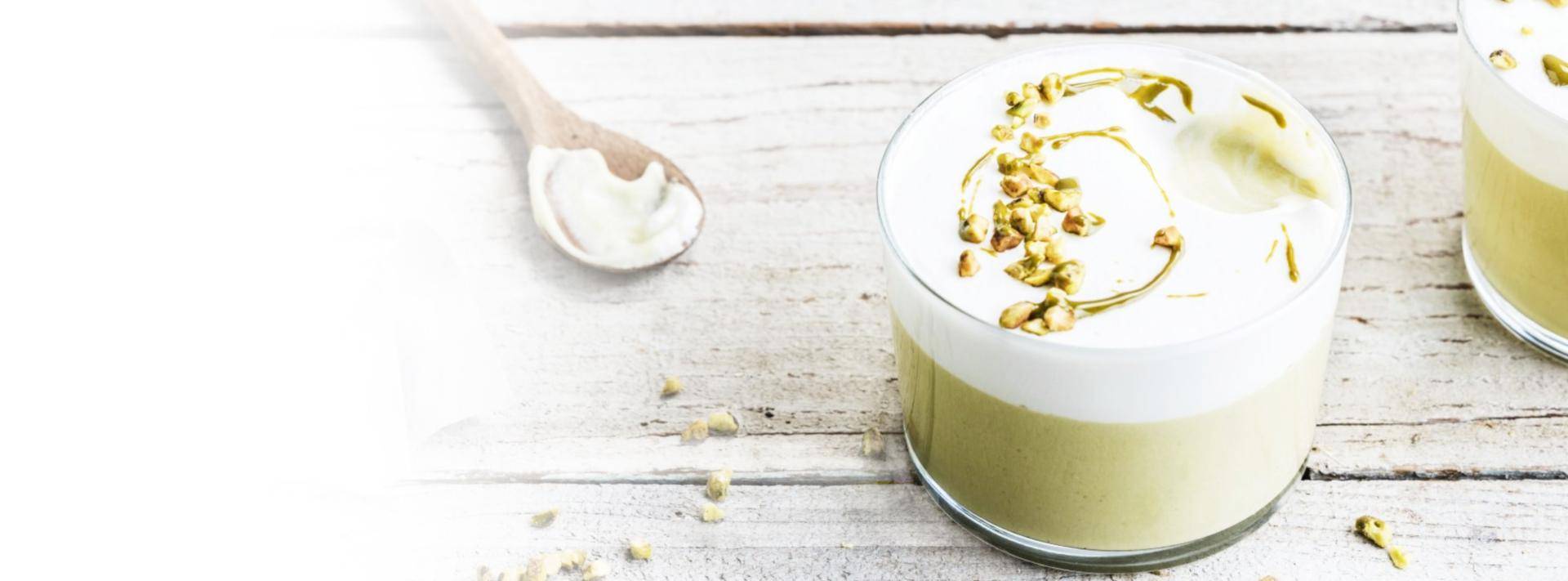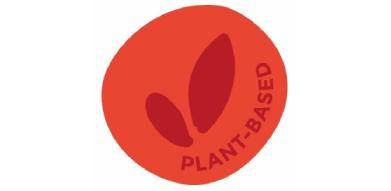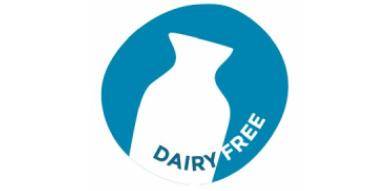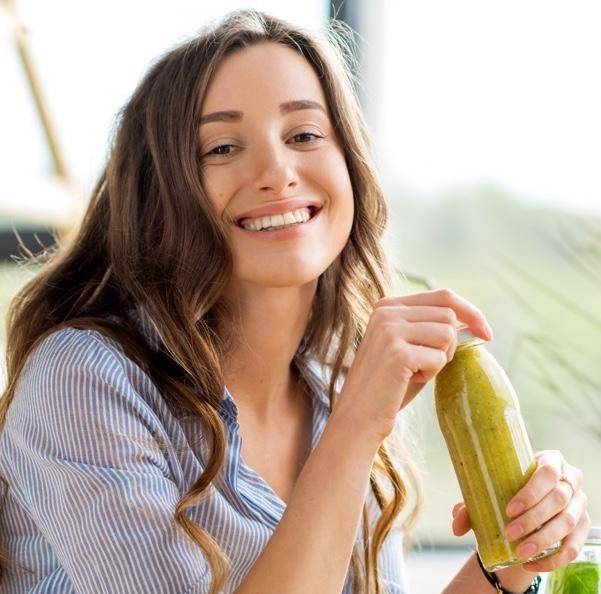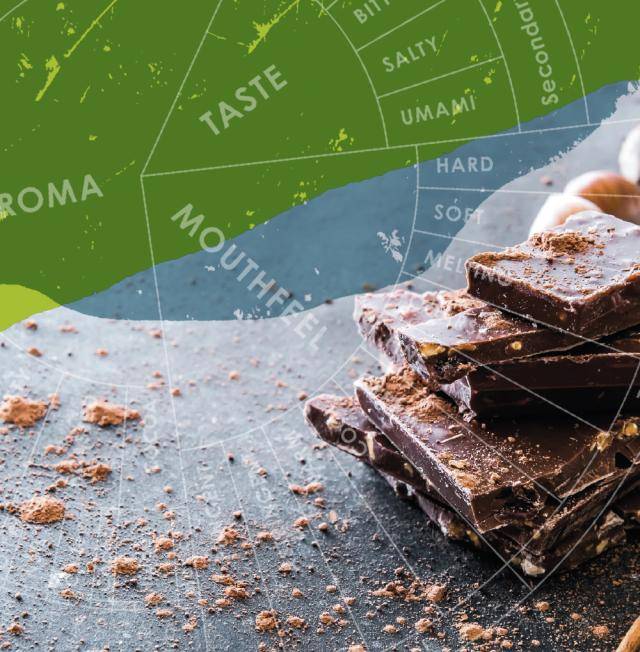Allergen-labeling: Need-to-Know
1) The Allergen Claim
The FDA requires labeling all foods that contain a major food allergen as an ingredient, or have potentially come in contact with the product. A major food allergen, the so-called “Big 8”, is defined as one of the following: milk, eggs, fish, Crustacean shellfish, tree nuts, peanuts, wheat, and soybeans.
2) The "May Contain" Statement
Have you ever noticed on packs: “may contain milk”? The ‘may contain’ labeling is used for products that do not have milk as an ingredient but are, for example, made on lines that also share milk-containing ingredients. It results in unavoidable and involuntary presence of milk allergens due to cross-contact.
Despite measures taken, this hazard cannot be prevented, especially not with chocolate where typical wet cleaning regimes are not possible. Barry Callebaut therefore, where needed, labels a precautionary allergen declaration like ‘may contain milk’. Products with a "may contain" labeling should not be consumed by allergic persons.
3) What Does Dual Claim Mean?
The combination of two claims brings an unique consumer benefit and targets consumers looking to address multiple needs.
At Barry Callebaut we offer dairy-free organic solutions and dairy-free high protein.

So what is the difference between claims?
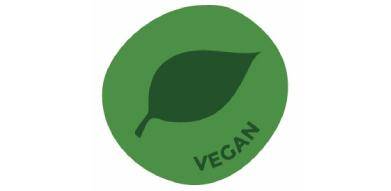
Vegan
Vegan does not have a FDA-regulated definition in the US. The vegan diet is a lifestyle choice and consumers follow the vegan diet to different strictness degrees.
Due to the lack of a governmental definition and different interpretations of the vegan diet, Barry Callebaut will only identify “dairy-free certified” portfolio items and items from its non-dairy cocoa powder and nut portfolio factories as “suitable for vegans”.
Non-dairy
Identifying products that do no include any animal-based or animal-originated ingredients and manufactured in a facility without dairy ingredients. No testing is done.
Kosher-Pareve (or kosher-parve)
A religious certification that ensures the product does not contain and come in contact with dairy in the manufacturing process.
Lactose-free
A product that does not contain lactose. Whilst plant-based products are naturally lactose-free, dairy products such as milk can be lactose-free too. Indeed, lactose can easily be removed from dairy products thanks to an enzyme called lactase. Therefore a lactose-free product isn’t necessarily dairy-free.
